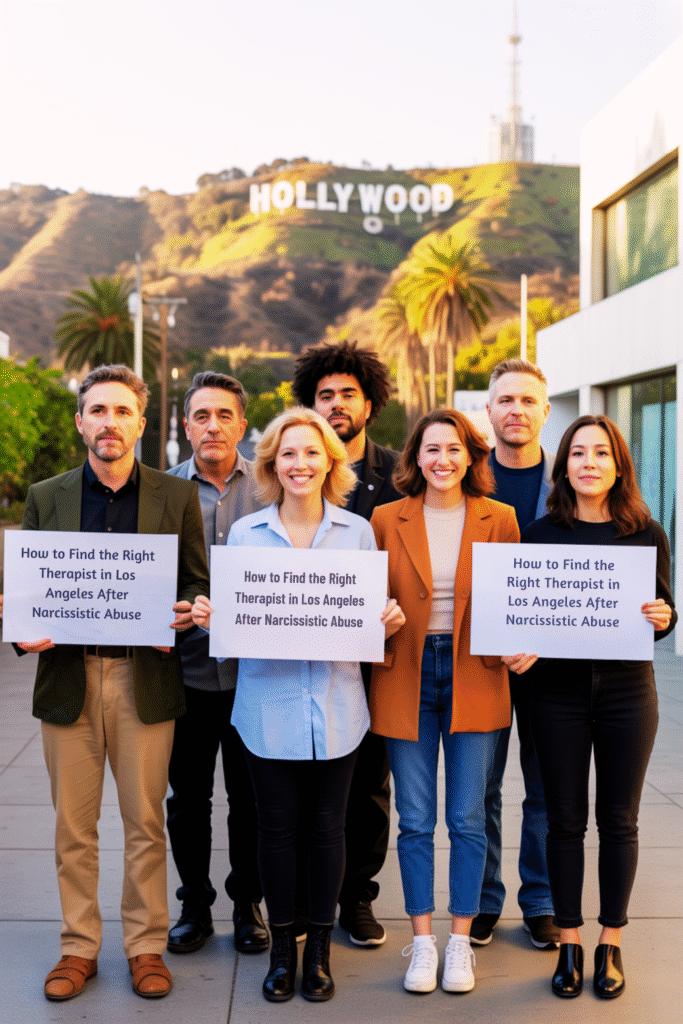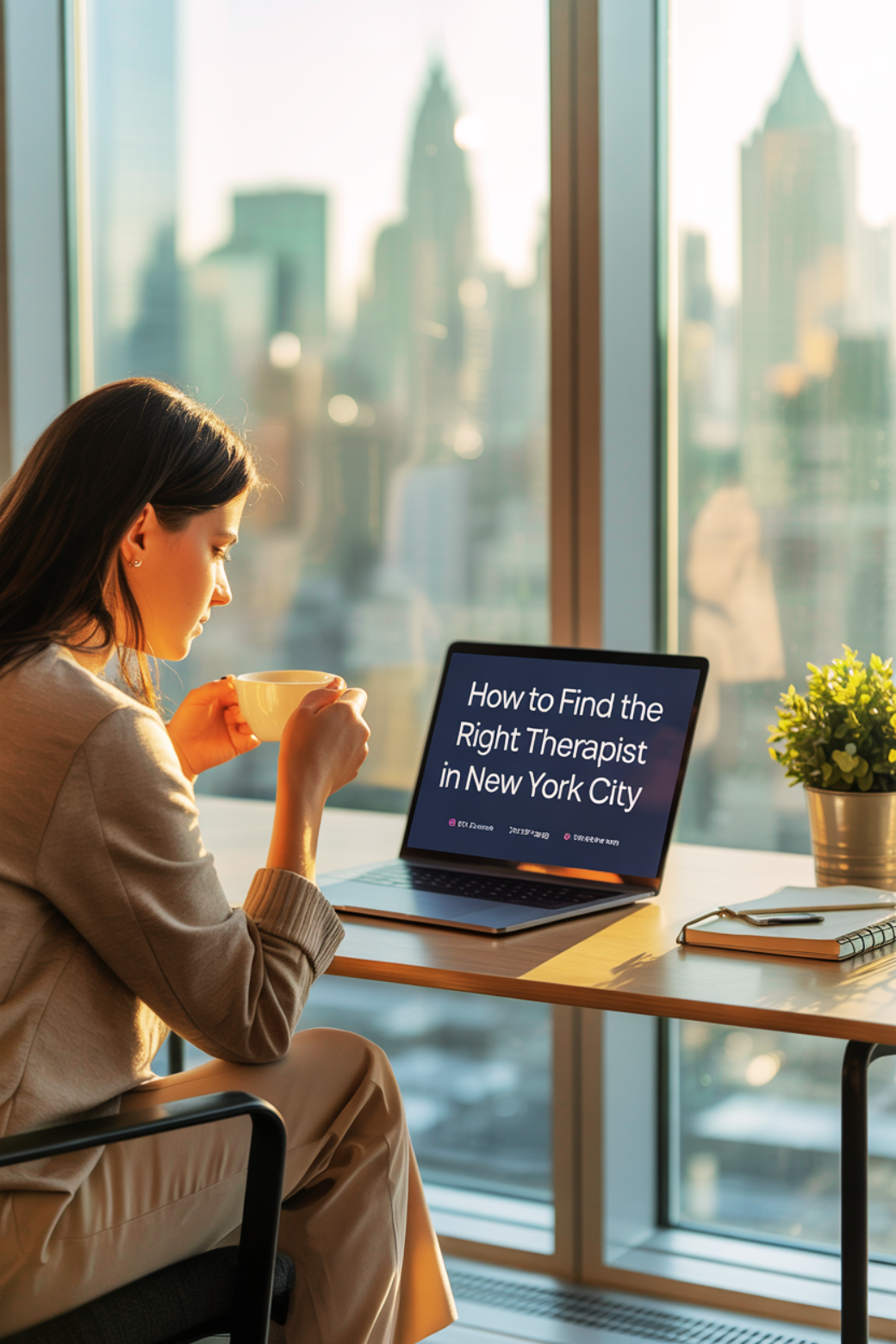Now Reading: How to Find the Right Therapist in Houston After Narcissistic Abuse
- 01
How to Find the Right Therapist in Houston After Narcissistic Abuse

How to Find the Right Therapist in Houston After Narcissistic Abuse
🇺🇸 How to Find the Right Therapist in Houston After Narcissistic Abuse
Narcissistic abuse cuts deeper than physical wounds—it fractures trust, distorts reality, and sticks to your nervous system long after the relationship ends. In Houston—spanning Montrose, Heights, Memorial, and Katy—there’s powerful healing to be found. This guide shows you how to filter through options, ask the right questions, and connect with trauma-informed care that rebuilds self-trust.
🛑 1. Not Every Therapist in Houston Is Trauma-Aware
Therapists may be trained for anxiety or depression, but many aren’t versed in the toxic manipulation patterns of narcissistic abuse. Survivors often face:
- Minimization: “Was it really that bad?”
- Pathologizing: “Why can’t you just move on?”
- Blame-shifting: “Focus on forgiveness.”
- Invalidation: “Maybe you misread the situation.”
What you need is a therapist who gets trauma—especially complex PTSD, not just a mood disorder. Look for professionals using modalities like EMDR, Internal Family Systems (IFS), Brainspotting, somatic therapy, and trauma-informed CBT. These methods help you process stored trauma, not just talk it out.
🧠 2. What to Look For in a Houston Therapist
| Feature | Why It Matters | Houston Examples |
|---|---|---|
| Trauma-informed: EMDR, IFS, Somatic | Treats trauma embodied in your nervous system | Houston Heights Therapy offers EMDR + IFS + ART |
| Specialized care for narcissistic abuse survivors | They’ll understand trauma bonds, gaslighting, identity disruption | Living Strong Counseling offers intensive trauma work (half/full day) |
| Group programs with survivor peers | Shared experience = validation & reduced isolation | Gardner Counseling’s Narcissistic Abuse & Trauma Bonds Women’s Group meets bi-weekly |
| Hybrid/telehealth options | Adds flexibility & privacy | Sanna Khoja, Connect Clinical, Jana Henry offer telehealth EMDR/Brainspotting |
| Affirming, inclusive community centers | Ideal if you’re LGBTQIA+, BIPOC, or neurodivergent | Montrose Center supports mental wellness across LGBTQ clients |
| Non-profit or sliding-scale access | Resources even if finances are tight | Houston Area Women’s Center offers free counseling & support groups |
🧊 3. 10 Essential Questions to Ask Before the First Session
- Have you worked with survivors of narcissistic abuse or complex PTSD? (Look for confirmation of trauma bonding, identity recovery, gaslighting dynamics.)
- Which trauma modalities do you use—EMDR, IFS, Brainspotting, somatic therapy? (Answer should include at least one body-based or trauma-processing method.)
- How do you help rebuild trust in myself after prolonged manipulation? (Look for grounding exercises, identity work, nervous system regulation.)
- Can you help me unpack manipulation I still doubt happened? (Hesitation is a red flag.)
- How do you support someone whose boundaries have been eroded? (They should mention somatic awareness or assertiveness training.)
- What’s your approach to guilt for staying too long in the abuse? (Trauma bonding language is essential.)
- How do you balance fear of both intimacy and isolation? (Healing isn’t an either/or—it’s about trusting your own boundaries.)
- How will you respond if I push back or disagree in sessions? (“Collaborative” is the desired answer, not dismissive.)
- Is this a short-term fix or do you offer long-term trauma support? (Healing from narcissistic abuse takes time.)
- Do you give tools between sessions—journaling, somatic practices, resources? (Therapy continues outside the room.)
🏥 4. Public vs. Private Care & Pricing
Non-Profit / Grant-Funded Services
- Houston Area Women’s Center (HAWC), Montrose Center, and Bo’s Place offer free or very low-cost group and therapeutic services .
- Great if you need trauma-informed care at low cost.
Private Specialists
- Expect $120–200+ per session, depending on modality and therapist credentials.
- Intensives (e.g., half/full day) with Living Strong Counseling run US $900–1,800 .
- Many offer sliding scales or free consultations (Connect Clinical, Jana Henry, Sanna Khoja) .
Hybrid/Online Options
- Telehealth is widely available, especially from trauma specialists, for flexibility and privacy.
💼 5. Recommended Houston Providers & Programs
Houston Heights Therapy (LCSW)
EMDR, IFS, ART; deep trauma modalities for entrenched patterns
Flexible with in-person and phone options in Houston Heights (77009).
Jana Henry – West Houston Counseling
Uses IFS, EMDR, somatic integration for survivors of all abuse types
Connect Clinical Services
Offers EMDR, Brainspotting, IFS, Somatic Experiencing, Safe & Sound Protocol + free consult
Sanna Khoja, LPC
South-Asian therapist focusing on EMDR & Brainspotting via telehealth
Living Strong Counseling
Trauma intensives for narcissistic/pathological love recovery—half/full day deep sessions
Gardner Counseling Women’s Group
Bi-weekly group addressing trauma bonds & shared healing in Houston 77018
Awakening Center of Houston – Abuse Recovery Group
Support group focusing on reclaiming self-worth, building boundaries, and community
Overcoming Narcissistic Abuse in the Family
Led by Donetta D. Quinones online/in-person in 77056
Houston Support for Survivors of Narcissistic Abuse (Meetup)
Peer-led gatherings for survivors and CPTSD sufferers, inclusive of LGBTQ individuals
HAWC & Montrose Center
Free or low-cost trauma-informed counseling—HAWC for domestic violence survivors; Montrose for LGBTQ+ support
🔍 6. Why These Modalities Matter
- EMDR & Brainspotting – evidence-based for PTSD/C-PTSD, effective at processing trauma stored in the body
- IFS & Somatic Experiencing – heal fragmented identity, restore trust via internal parts work and bodily awareness
- Accelerated Resolution Therapy (ART) – can rapidly process traumatic imagery and improve emotional regulation.
- Support Groups – validation, shared recovery, belonging reduce isolation and shame
🧭 7. Survivor-Led & Community Resources
- Meetup communities: Houston Support for Survivors of Narcissistic Abuse offers candid peer meetups
- NarcissistAbuseSupport.com: comprehensive lists of local groups and survivor resources
- Depression/Bipolar Support Alliance Greater Houston: free weekly support groups open to anyone coping with trauma/emotional distress
⚖️ 8. Cost, Access & What to Expect
- Private Session Fees: Typically $120–200+; intensives may run $900–1,800
- Group Fees: Usually $50–100/session; sometimes free via nonprofits
- Free Consults: Offered by Connect Clinical, Jana Henry, Sanna Khoja
- Formats: In-person across Houston; telehealth available; intensives by appointment
- Stigma & Waitlists: Narcissistic trauma work is niche—prepare to ask directly and align via consultations
🔧 9. Your 6-Step Recovery Blueprint
- Define your healing goals: Do you want intensive trauma shifts or steady somatic recovery?
- Contact 3–5 therapists/groups: Ask your essential questions in consults.
- Choose your anchor: Trust your feeling of safety and validation.
- Join a support group: Peer connection enhances therapy.
- Build daily routines: Grounding, journaling, breathwork, somatic check-ins.
- Assess progress: After ~8–12 sessions, reevaluate—do you feel safer, stronger, clearer?
🧩 10. Healing Practices on Your Own
- Body-based grounding: Breathwork, polyvagal exercises, walking meditations
- Journaling: Track triggers, boundary experiences, identity shifts
- Somatic movement: Yoga, dance, stretching—embodied reconnection
- Peer validation: Sharing your story breaks emotional isolation
- Self-guided tools: Apps, audio groups (like Circles), guided meditations
- Hotline resources: Call 988 for suicide crisis; 1‑800‑799‑7233 for domestic violence
🏁 Final Thoughts
You didn’t imagine it. The invisible wounds of narcissistic abuse run deep—but Houston offers powerful multi-modal paths to rediscovery:
From EMDR/IFS specialists like Houston Heights Therapy, Jana Henry, and Connect Clinical; from trauma intensives via Living Strong Counseling; peer solidarity in Gardner Counseling and Awakening Center groups; to inclusive safe spaces at HAWC and Montrose Center—you have access to trauma-aware, life-affirming care.
You survived manipulation, gaslighting, and erased identity. Now, reclaim your voice, rebuild trust in you, and ground yourself in Houston’s healing community—one breath, session, insight, and safe boundary at a time.
Healing isn’t an apology—it’s your reclamation.















